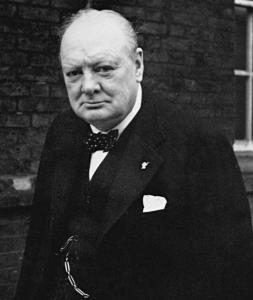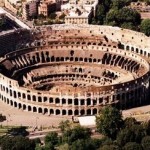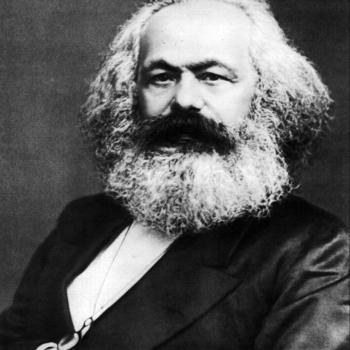by Ted Richards
The Darkest Hour depicts the controversial and brilliant statesmanship of Winston Churchill amid the crisis at Dunkirk. It should be noted, although this article is not a film review, it will contain spoilers, although I wonder if one can actually spoil a film based on historical events. While the whole film was excellent (and highly recommended), a specific exchange between Churchill and the King gave me pause and led to some thoughts on the question of government by the people.
Churchill was installed as prime minister after Neville Chamberlain stepped down at the insistence of the public, and particularly the parliamentary opposition party. Churchill was given his position by King George VI. The King was not initially a fan of Churchill, his style, and particularly of his “victory at all costs” policy. As events progressed, and things at Dunkirk looked more desperate, the King became Churchill’s ally, recognizing the significance and thoughtfulness behind Churchill’s approach.
After their alignment, Churchill was asked by the King what he would do to rally support in parliament for his aggressive, but necessary strategy to victoriously end the conflict at Dunkirk. Churchill admitted that he did not have the support and could not gain it on the strength of his position alone. The King gave him the advice to listen to the people of England. Churchill, now bolstered by the royal support, took the advice to heart. He jumped out of his limo at a stoplight, and ran to the underground transportation system to ask the advice of the people of England. His train car meeting gave him the resolve and the support needed to carry out the ingenious strategy that eventually saved almost all the soldiers stranded at Dunkirk. This meeting and the advice that preceded it are what caught my attention.
Churchill was not democratically elected any more than King George was. Yet, the advice of the bloodline monarch, subsequently followed by the definitively unpopular (both electively and socially) political leader, was to “look to the people.” There is nothing in the governance of these two men that suggests democratic principles, yet it is their connection to the people that yields a support worthy of Churchill’s lofty statesmanship.
As stated in the Declaration of Independence, governments derive “their just powers from the consent of the governed.” The question set forth here is how far this extends. Is it that each aspect of government ought to be based in the principle of democratic consent? While England is not America, the example of Churchill and King George does not suggest this. Rather, it is the durable consent of participation in a society founded on the concept of consent by the members of that society that gives a government legitimacy.
Abraham Lincoln is an example of this concept in the American context. Elected by 40% of the popular vote due to a split vote in a contentious election, Lincoln went on to govern tactically, prudently, and aggressively (not unlike Churchill). Lincoln, however, in subverting the principles of democratic process of governance, was doing so to uphold the indispensable concept of democratic government. The principle of the declaration is not that each aspect of government is controlled by the direct consent of the governed, but that good governments of all stripes derive “their just powers from the consent of the governed.”











